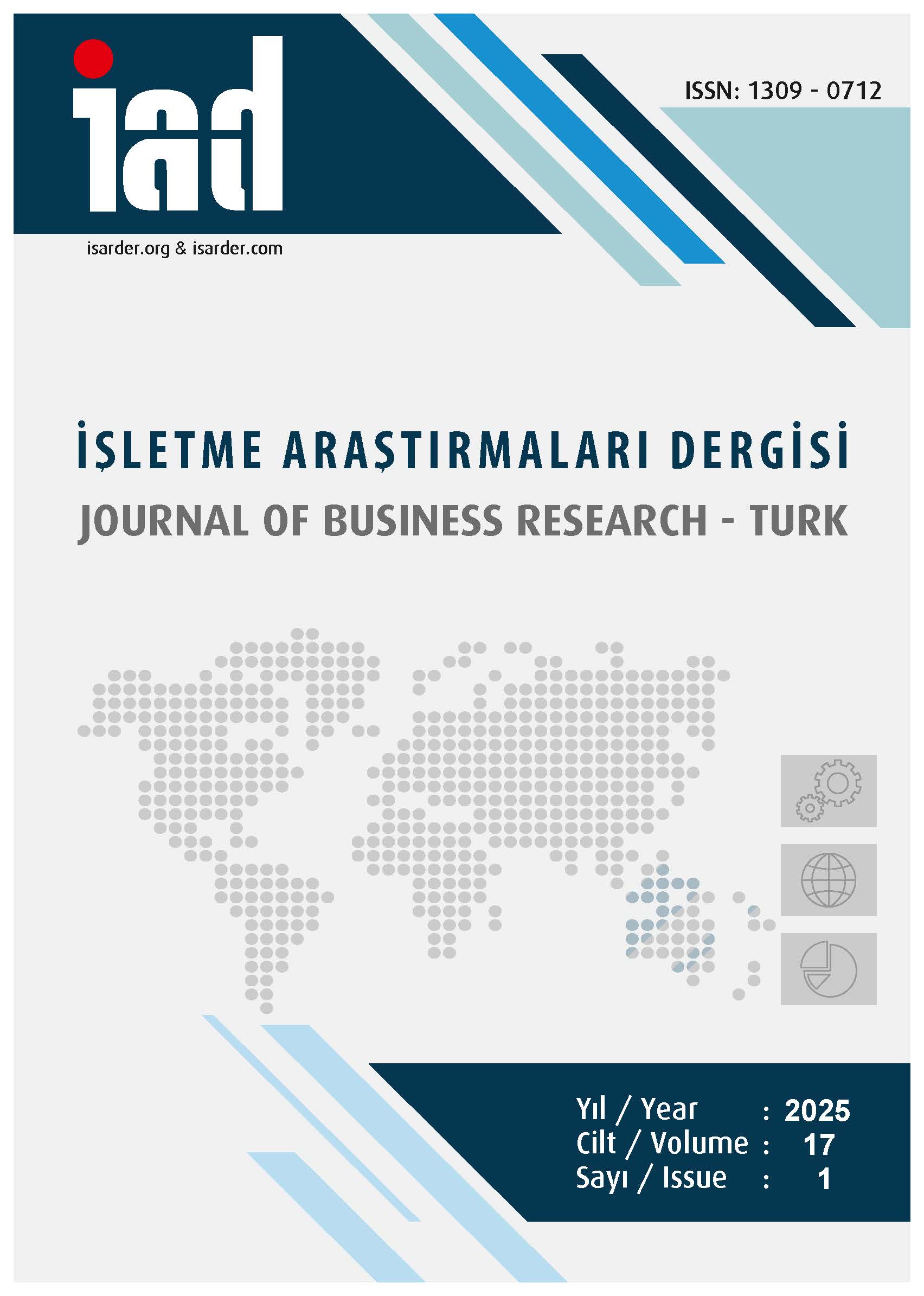Employee Motivation, Job Satisfaction, and Organizational Commitment in the Tourism Sector: A Bibliometric Analysis
Keywords:
Motivation, Job SatisfactionAbstract
Purpose-This study examines the relationships between employee motivation, job satisfaction and organisational commitment in the tourism sector. It is aimed to analyse the impact of employees' job satisfaction and motivation levels on the sustainable success of businesses and service quality. In addition, it contributes to determine the trends in the sector by revealing how these concepts are handled in the academic literature by bibliometric analysis method. Design/methodology/approach- In the study, academic articles published in the Web of Science database on organisational commitment, motivation and job satisfaction were examined by bibliometric analysis method. A total of 7,191 articles published between 1970-2025 were analysed. Citation analysis, author collaboration network, organisation and country-based contributions and keyword density maps were created using VOSviewer software. The study was not restricted by language and theme, and publications covering all disciplines related to tourism were evaluated. Findings- According to the results of the findings, it was determined that academic interest in organisational commitment, motivation and job satisfaction has increased since 2010, and the highest citation level was reached especially between 2019-2023. Prayag, Girish and Uysal, Muzaffer stand out among the most cited authors. Hong Kong Polytechnic University is the institution that contributes the most to the studies in the field of tourism, and the countries that contribute the most are the USA and China. The most frequently used keywords include ‘tourism’, ‘motivation’, ‘satisfaction’ and ‘job satisfaction’. Discussion- The findings of the study show that the organisational commitment of employees in the tourism sector is directly related to their job satisfaction and motivation levels. In particular, it has been determined that employees with high levels of emotional commitment tend to stay at work longer and their job satisfaction increases as their motivation increases. In this context, the importance of flexible working policies, fair remuneration, career development opportunities and effective leadership practices to increase employee motivation is emphasised. Developing human resources management strategies by taking these factors into consideration is considered to be a critical factor in terms of achieving sustainable success and competitive advantage in the tourism sector.
Downloads
Published
How to Cite
Issue
Section
License

This work is licensed under a Creative Commons Attribution-NoDerivatives 4.0 International License.





